Equity, Access & Community Engagement
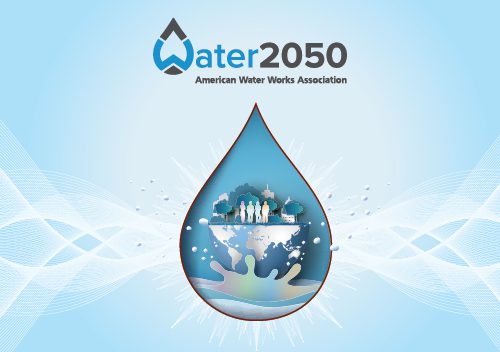

Overview
The Equity, Access, and Community Engagement Strategic Implementation Team (SIT) is dedicated to strengthening public trust in water services. We’re achieving this by deepening our understanding of community water needs and fostering a culture where everyone feels connected to and shares responsibility for our water future. This involves promoting community education and engagement, as well as building a diverse and resilient water workforce.
Community Engagement
We’re assessing current consumer water knowledge and sentiment, as well as utility communications efforts to identify gaps and opportunities. We’re also collaborating with experts outside of AWWA to develop effective water messaging and promote community engagement in water issues.
Water Workforce Development
We’re analyzing best practices within and outside the water sector to identify strategies to address workforce gaps, enhance recruitment, and support professional development for a more diverse, sustainable and resilient water sector.
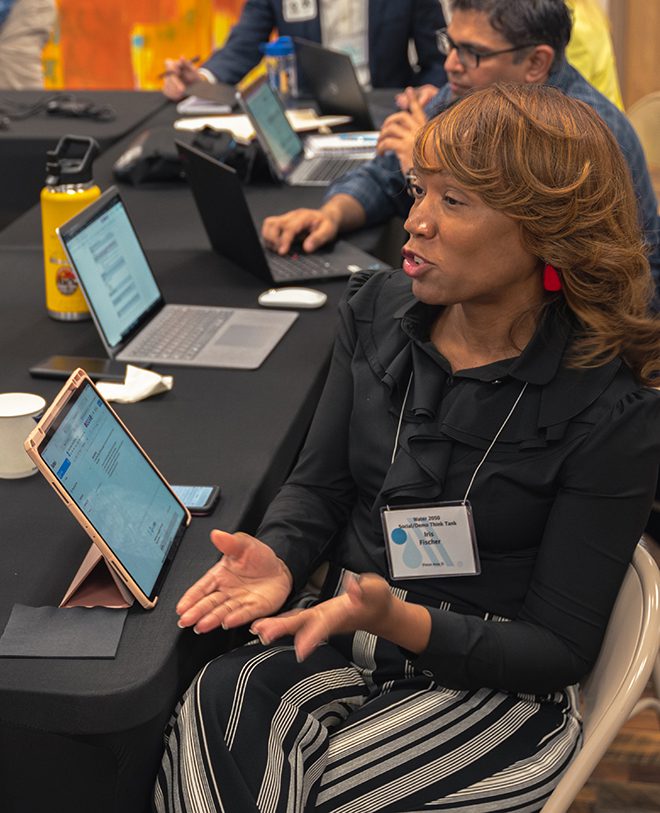
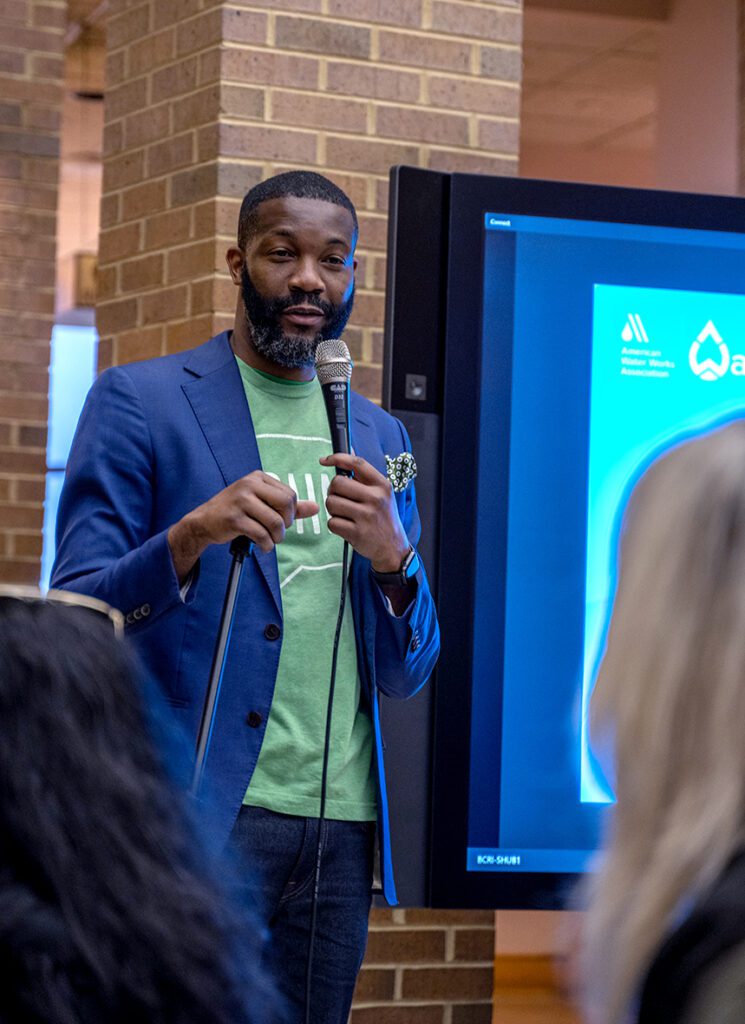

Water 2050: Equity, Access & Community Engagement
The envisioned world of 2050 will include:
- A community-centered approach to water management that recognizes the needs of all constituents.
- Positive water habits driven by individuals’ “personal” connection to water.
- Cultural and social change that demands that access to water is viewed in the broader context of poverty and ensures more equitable access within and across communities.
- Public service employees who view their jobs as a higher calling, providing water for all.
- Partnerships with public, private and philanthropic partners, as well as government at all levels, to advance equitable water services.
Recommended Actions
The short-term recommended actions for the Equity, Access & Community Engagement Strategic Priority include:
- Deepen our understanding of communities’ water needs and strengthen public trust in water services providers through education, community engagement in water policy, and creating a culture where everyone has a personal connection to – and shared responsibility for – our water future.
- Attract, develop, and sustain a skilled, technologically savvy water workforce that is engaged and reflects the diversity of the communities they serve.
Resources

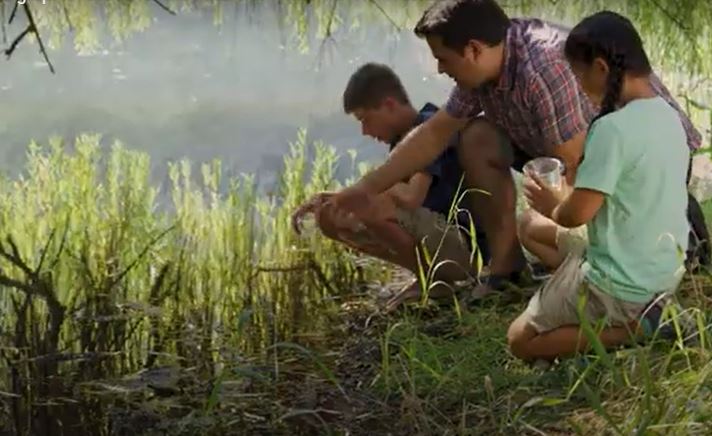
Social/Demographics Issues
Equity of access to clean, safe, reliable drinking water and sanitation in 2050 and beyond demands planning that values diversity, inclusion, and public engagement.
See All Water 2050 Videos
Advertisement
Water 2050 Think Tank Reports
Social/Demographics Think Tank:
A diverse group of influential thinkers from within and outside the water community developed nine proactive recommendations considering key social and demographic shifts and their impact on the future of water in the fifth think tank report of the Water 2050 initiative.
The 27 participants in the Water 2050 Social Demographics Think Tank, which took place April 26-28, at the Birmingham Civil Rights Institute in Birmingham, Alabama, included highly respected voices from the water and wastewater utility community, international development agencies, academics, demographers, cultural anthropologists, consulting and manufacturing firms and CEOs. The group engaged in a series of facilitated discussions and developed recommended actions that can be grouped into three broad categories:


A diverse group of influential thinkers from within and outside the water community developed nine proactive recommendations considering key social and demographic shifts and their impact on the future of water in the fifth think tank report of the Water 2050 initiative.
The 27 participants in the Water 2050 Social Demographics Think Tank, which took place April 26-28, at the Birmingham Civil Rights Institute in Birmingham, Alabama, included highly respected voices from the water and wastewater utility community, international development agencies, academics, demographers, cultural anthropologists, consulting and manufacturing firms and CEOs. The group engaged in a series of facilitated discussions and developed recommended actions that can be grouped into three broad categories:
Recommended Actions
Participants emerged with 10 recommended actions encompassing four broad categories:
- Community-centric water management approach
- Sustainable services through collaboration
- Innovative solutions for equitable water
Participants

Susan Ancel P.Eng, FCSSE
Director, One Water Planning EPCOR Water Services, Inc.

Adam Carpenter, Ph.D.
Manager of Energy and Environmental Policy, AWWA

Tom Dobbins
Chief Executive Officer Association of Metropolitan Water Agencies (AMWA)

Pooja Chari
Project Engineer Woodard & Curran

Iris Fisher
Chief Financial Officer The Water Works Board of the City of Birmingham, Alabama

Jim Holway, Ph.D.
Director Babbitt Center for Land and Water Policy

Briana Huber
Director of Water Filtration City of East Molin

Joe Jacangelo, Ph.D.
Vice President Director of Research Stantec

Chris Jarrett
Director, Sales American Cast Iron Pipe Company (ACIPCO)
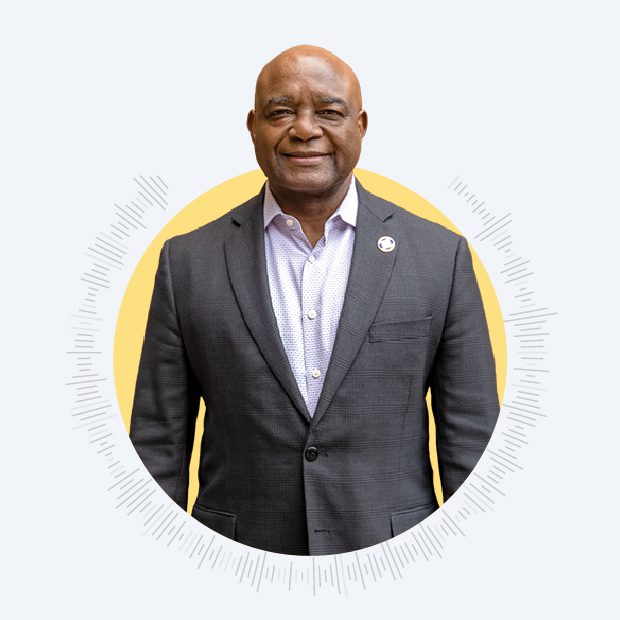
Michael Johnson
General Manager The Water Works Board of the City of Birmingham, Alabama

Amanda Jones
Project Manager Tucson Water

Patrick Kerr
Chair Of The Board Of Directors, CEO and President Baton Rouge Water Company

Nilaksh Kothari, P.E.
CEO Preferred Consulting

David LaFrance
CEO AWWA

Rochelle Larson, P.E.
Principal Engineer – Planning & Engineering Division Albuquerque Bernalillo County Water Utility Authority

Barb Martin
Director of Engineering and Technical Services AWWA

Trina McGuire-Collier
Principal Strategic Communications Advisor HDR INC

Margaret Medellin
Deputy Manager – Department of Transportation and Infrastructure City and County of Denver

Olga Morales-Pate
Chief Executive Officer Rural Community Assistance Partnership Incorporated (RCAP)

Cheryl Porter
Chief Operating Officer Great Lakes Water Authority

Lucero Radonic
Associate Professor Northern Arizona University, Anthropology Department

Pete Rogerson, Ph.D.
Professor of Geography and Biostatistics University at Buffalo

Jennifer Sara
Global Director, Climate Change Group World Bank Group

Sagar Shah, Ph.D., AICP
Manager, Research and Strategic Initiatives American Planning Association

Chi Ho Sham, Ph.D.
Past President, AWWA Independent Consultant

Kelley Dearing Smith
Vice President of Communications and Marketing Louisville Water Company
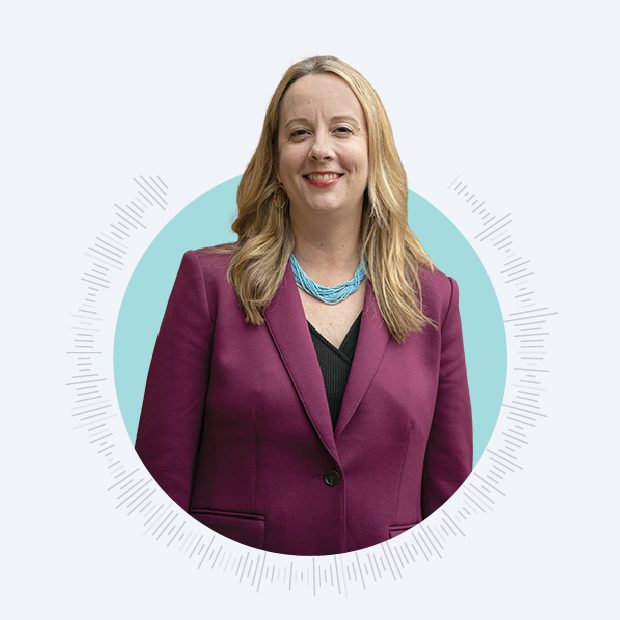
Michelle Stockness ENV SP, P.E.
Vice President Barr Engineering Co.

